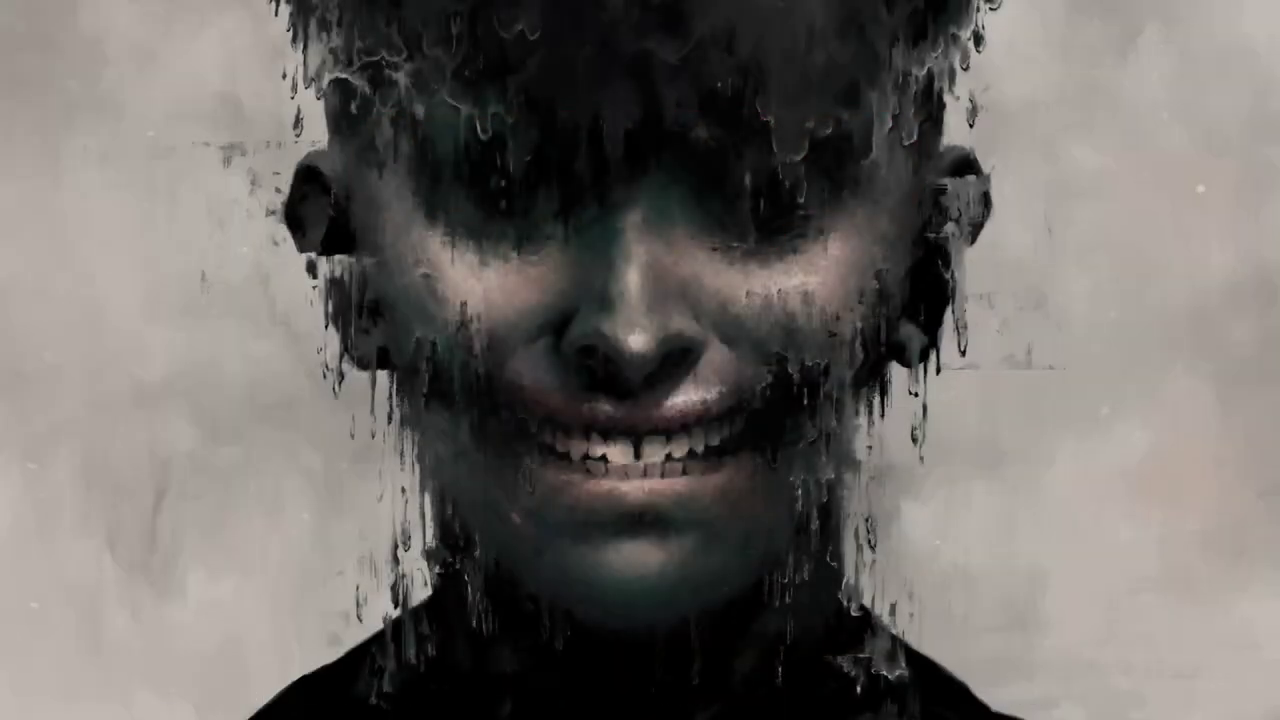
Realistic violence, torture, sexual assault. Then, to top it all off, a real turtle gets maimed, killed, and eaten on screen. Created by Italian director Ruggero Deodato, Cannibal Holocaust is often described as the most controversial movie ever made. Shot in a fake documentary movie style, the 1980 flick depicted white Americans travelling to the Amazon and being set upon by a murderous indigenous tribe—and carried a message about the media's relationship with sensationalised violence.
Today, it's considered a cult classic, but on release it was banned in almost 50 countries. Legendary Italian director Sergio Leone reportedly sent Deodato a letter praising the film, but warning him: "I think you will get in trouble with all the world". This would be an understatement, as it turned out—shortly after, the director was arrested on charges of obscenity and mass murder. The violence was deemed so realistic that the cast, sent into hiding by Deodato as a marketing stunt, was believed by some to have actually been killed during filming. On his arrest, Deodato was forced to make some hasty phone calls to his supposed victims to avoid jail time.
After Cannibal Holocaust, and the similarly violent and disturbing House on the Edge of the Park, the director’s career floundered. Ten years later, he would be back in Italy, directing cheap made-for-TV series. Deodato would mention sometimes in interviews that producers were afraid of approaching him. While six unofficial sequels exist, the director’s plans for a follow-up seemed destined to stay locked up in his desk forever. That is, until 2019, when a small Italian game development team laid eyes on them.
Andrea Valesini, creative director of Fantastico Studio (CUCCCHI), recounts the story of how he met Ruggero Deodato. “We shared a common friend and, as fans of his work, we were really curious to meet him, to see if perhaps there was a chance to work together. We got along quite well.” After being allowed a look in the director’s desk at his many unfinished projects and unpublished screenplays, the team decided it would turn Deodato’s story for Cannibal Holocaust 2 into a game. The director didn't even have a screenplay ready to go, just a loose outline.
“We decided the best thing to do, with our limited means, was to develop a visual novel that we could finish quickly,” says Valesini. But then, as soon as they started working on the game, the pandemic struck. “That made things difficult, since Ruggero was already quite old and we couldn’t risk him getting out of the house. Still, through video calls on Skype, work progressed, albeit slower”.
The first trailer
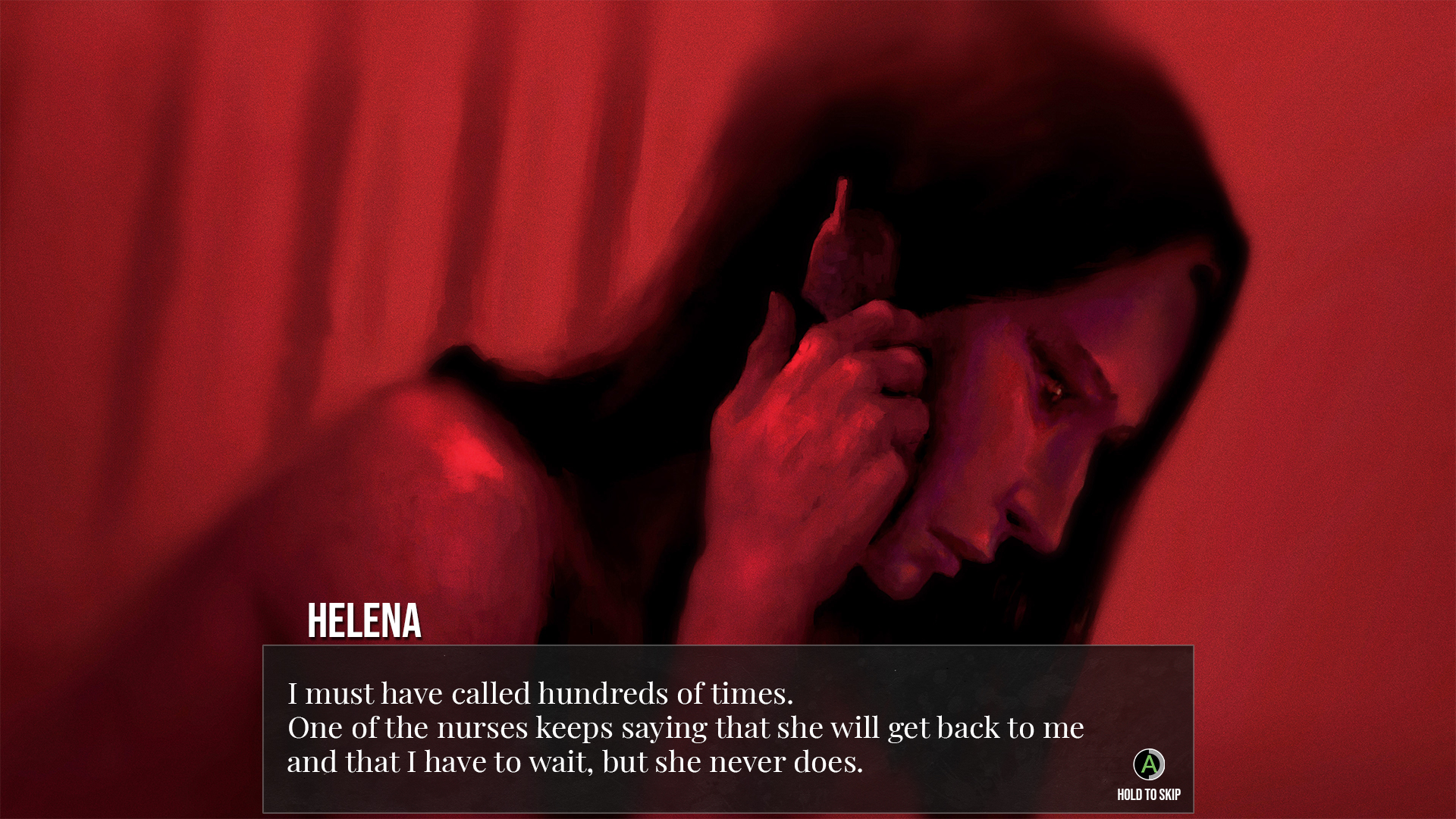
After a few months of work, Valesini recalls that his studio colleagues were getting antsy. “They were unsure of how much people would be interested in this, they kept asking: should we really invest so much time in this project? What if nobody cares?”. It was decided they would put together a quick and rough trailer for the game, then called simply "Cannibal", using whatever materials they had and shots from the movie, to gauge the audience’s interest. The response was far beyond what they could've expected.
We got a letter from a bunch of lawyers, saying we did not have permission to use any images from the Cannibal Holocaust movie.
Andrea Valesini, creative director
“Needless to say, it blew up so quickly that we soon felt very sorry that we hadn’t put up a Steam page yet!”, says Valesini. The strength of fan interest quickly renewed faith in the project. “We decided it definitely made sense to invest more money into the game, also thanks to Ruggero assuming the role of producer. Instead of a simple visual novel, we decided to switch to a proper point and click adventure, which we were going to announce at the 2020 Steam Next Fest”. But all that sudden attention proved a double-edged sword.
“We got a letter from a bunch of lawyers, saying we did not have permission to use any images from the Cannibal Holocaust movie in our teaser. Basically, they were asking us for a lot of money”, says Valesini. While Deodato had a deal in place that he could use up to three minutes of footage from the movie, apparently the agreement was not valid for Italy. Fantastico Studio, not being able to afford paying such a large sum of money, was forced to put the whole project on hold.
In the end, it took months of back and forth legal negotiations to resolve the issue, which involved paying some—but not all—of the demanded money. In the meantime, Steam Next Fest came and went, and the planned announcement was scrapped.
From Cannibal to Borneo: A Jungle Nightmare
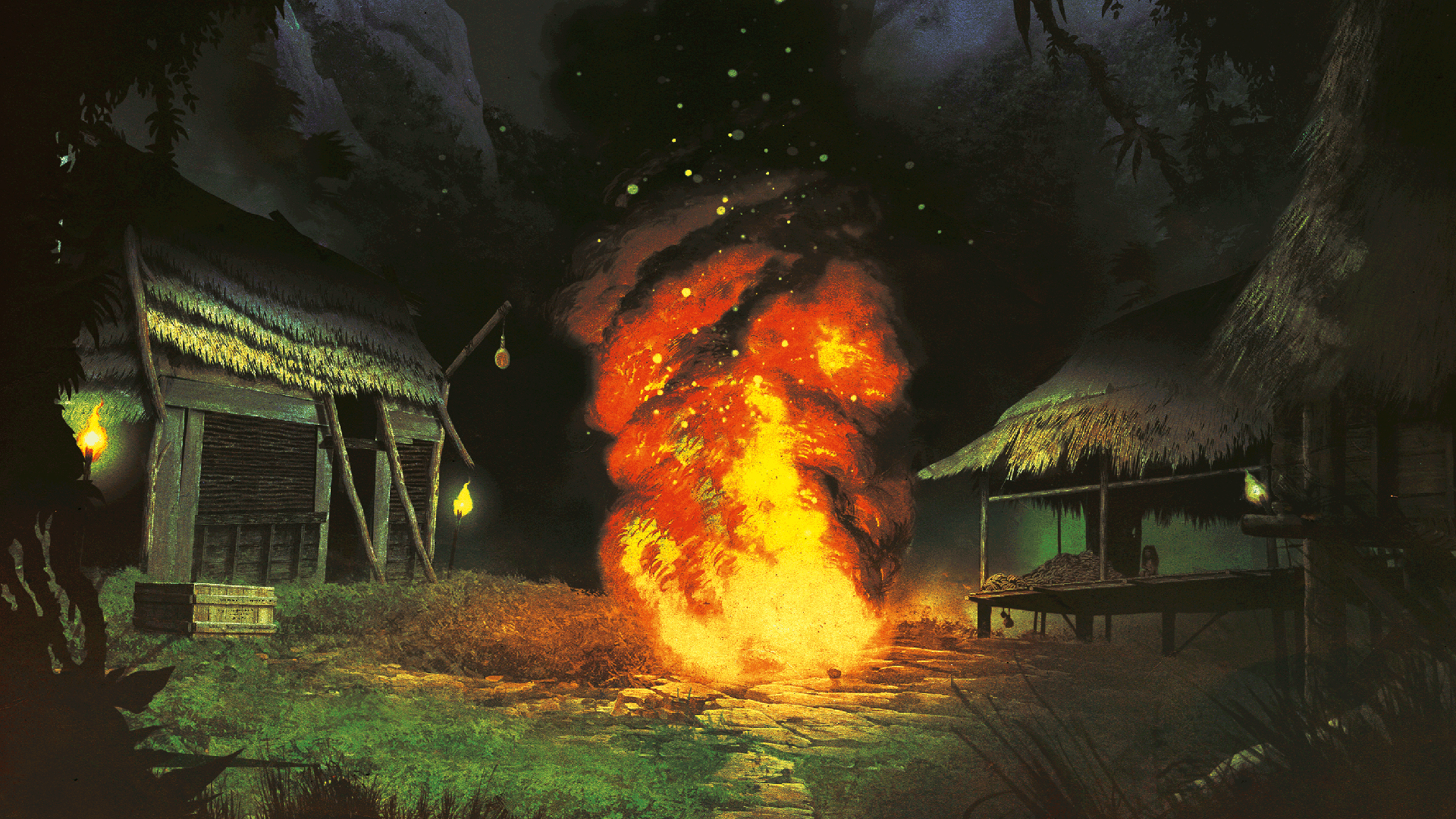
Fantastico wasn't deterred, however. In December 2020, the studio decided to rebrand the project from "Cannibal" to "Borneo: A Jungle Nightmare", and took the ambitious step of moving to an in-house developed 3D engine. It wasn't to be a small and low risk project anymore. “It was going to be a full-on 3D experience, which we thought would appeal more than a classic 2D point and click adventure”, says Valesini.
The team saw a unique opportunity in the surprisingly enduring popularity of the film—a chance to be part of something much bigger than it ever could've if not for that fateful meeting with Deodato. Fantastic Studio was all-in, and decided to announce the project to the world under the new name with a more polished and complete trailer. Once again, things did not go as hoped.
Some of us in the studio wanted to just cancel the project altogether, others wanted to continue no matter what.
Andrea Valesini, creative director
“People from Indonesia started saying we were going to show them in a malevolent light," says Valesini. "Basically, we were accused of being racists, because of a title. We were getting daily death threats and insults on our social media accounts." History was repeating itself: just as Cannibal Holocaust itself had faced serious criticism of its depiction of indigenous peoples, so too was this new trailer challenged for its depiction of native tribes as monstrous and bloodthirsty, and for perceived inaccuracies in the use of tattoos, face paint, and weaponry.
"We're tired of the cannibals myth" begins an article on IGN Southeast Asia about the game, that points out the racist and colonial origins of such beliefs about Borneans and showcases outrage across social media. "What is clear is that authentic representation of Southeast Asian culture, especially indigenous cultures, in Western media remains elusive."
Valesini, however, remains steadfast that such criticisms did not accurately reflect the project. "We named the game Borneo, as there was one section of the story which would take place there. We never had any intentions to portray anyone in a racist manner. If they had seen the movie, they would know that it is always the white men who are portrayed as savages!”
Regardless of Fantastico Studio's stated intentions, the popular outcry and increasingly bad press caused momentum at the studio to grind to a halt once more. “Some of us in the studio wanted to just cancel the project altogether, others wanted to continue no matter what. We argued that, if we canceled it, that would be much like admitting they were right on our supposed racist intentions”. Deodato himself proved to be the most reassuring voice for the team: "He kept telling us, do not worry guys, I've already been there, just do your thing and ignore them." The trailer was recut and republished with a warning at the start, which seemed to deflate the situation enough for negative coverage to subside.
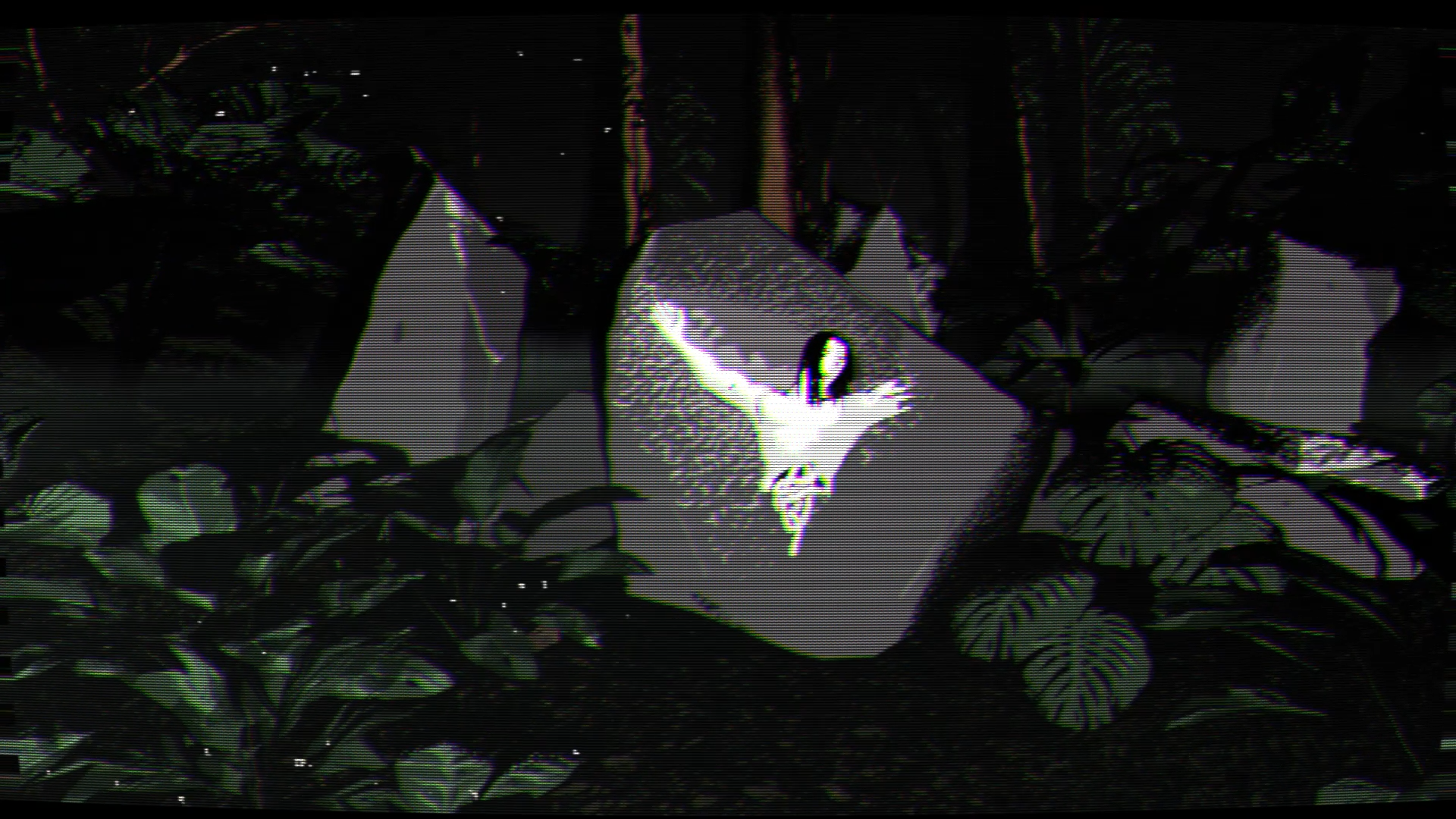
One becomes three
Would we want to continue? Perhaps repurpose what we had developed into something else?
Andrea Valesini, creative director
Work resumed at a fast pace, but soon a new problem emerged. By the end of 2021, Deodato's health was starting to fail. “He would still collaborate with us from time to time, but it was clear that his time was short.” In the end, he died in December of 2022, leaving the team reeling and once more putting a halt to the project. “We had to hold our horses and decide what to do," says Valesini. "Would we want to continue? Perhaps repurpose what we had developed into something else?”
And yet, in the end, Fantastico decided to persist, still determined to show the world Deodato's vision for his Cannibal Holocaust sequel. With the approval of the director's son, the studio resumed work—but given how much time and money had already been sunk into the project without any return, it was once again forced to be more risk averse. The budget was reduced, and the scope of the project shifted back closer to the original plans. Sort of. “We were going to simply release two visual novels, under the name Cannibal Tales, two stories that Ruggero Deodato had written. These two stories won’t be connected per se, but the two narrative threads will definitely connect in our third game.”
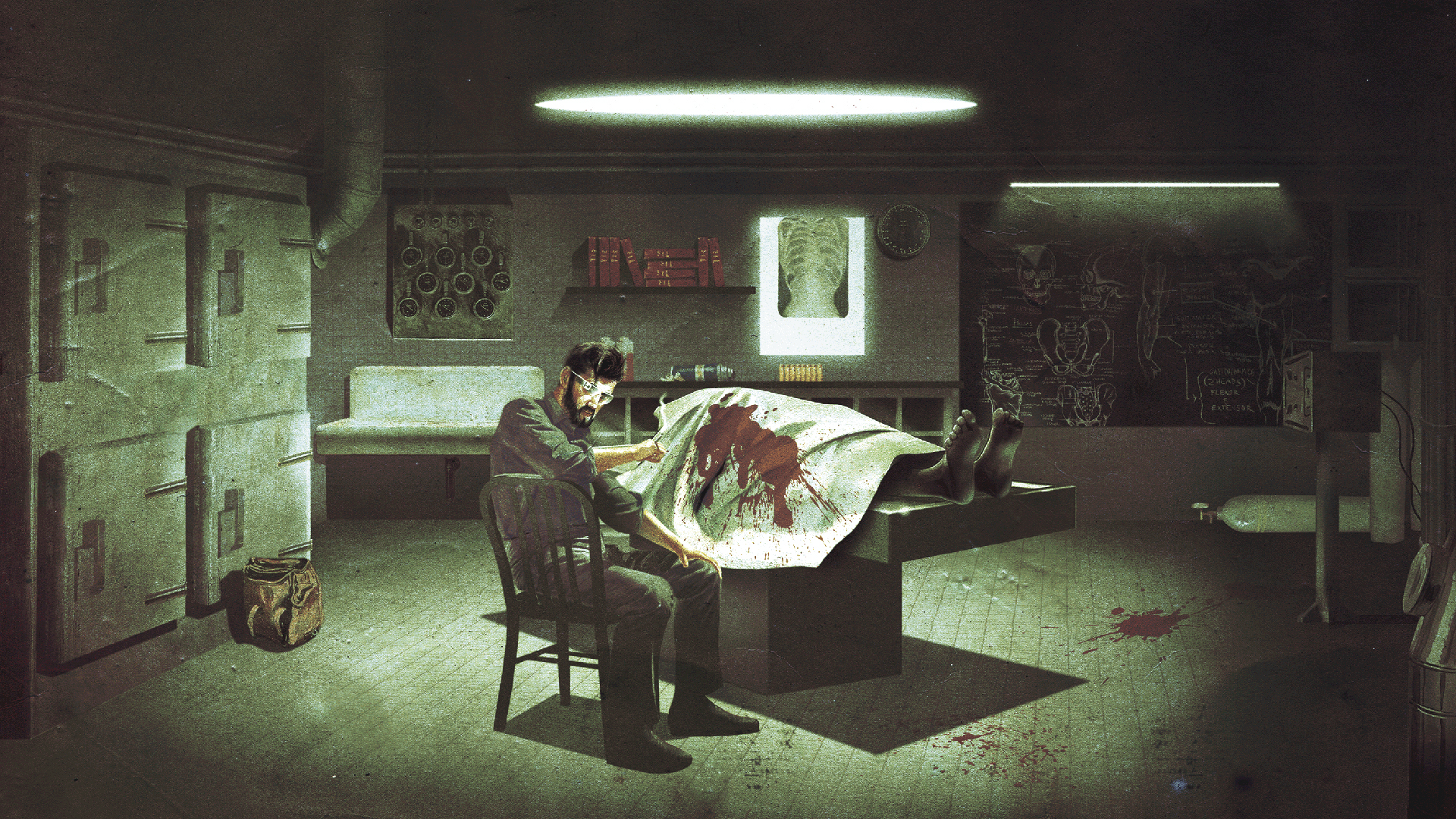
That third game is planned to still be a full-on 3D adventure, but developed in partnership with fellow Italian studio Troglobyte Games (Edo No Yami), and using Unreal Engine 5 rather than in-house tech. “The title of the third game is yet to be announced, but you can be sure that we will NOT mention Borneo…”. It's targeted for a release at the end of 2024 (Cannibal Tales is coming January 2024) and will function as a standalone game, as well as being part of the series.
Four years after first starting the project, Fantastico Studio hopes that things are back on track. Given the journey it's had so far, it's not easy to share that confidence. The studio's limited means combined with the inherent controversy of Cannibal Holocaust's legacy has made the project a magnet for complications, and even a 2024 release seems like it could be optimistic.
But you certainly can't knock the developer's persistence—and it does seem to come from a place of real excitement to tell this story, despite the grisly subject matter. In the few interviews that Deodato gave about the game before his death, he too was full of real enthusiasm for the opportunity to work with Fantastico and build an interactive experience. Perhaps, 44 years after the original Cannibal Holocaust, his vision will be realised for fans after all, and the curse that has been the film's legacy might be lifted.







